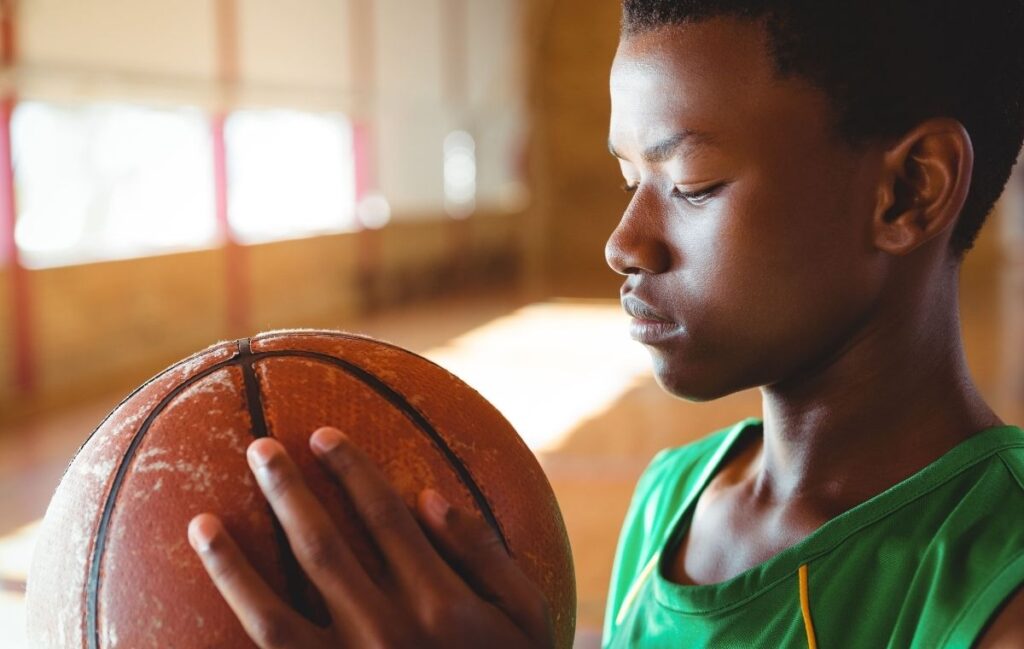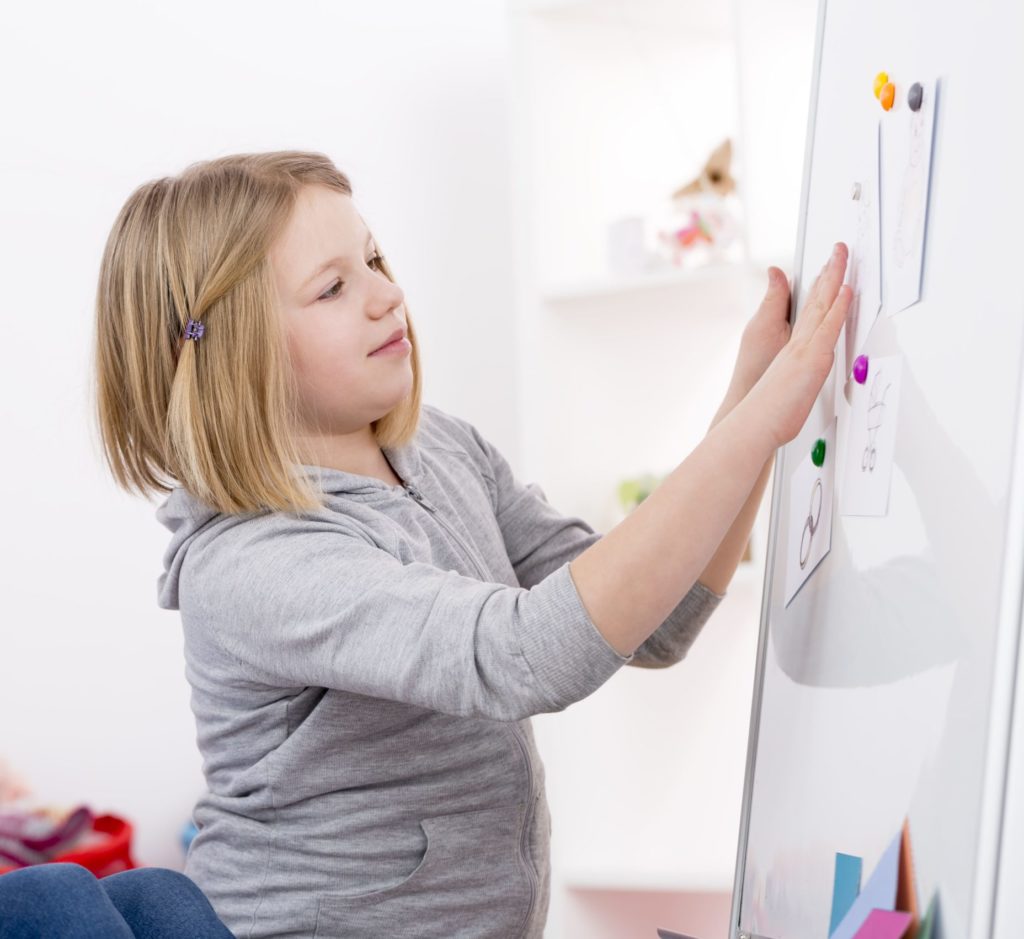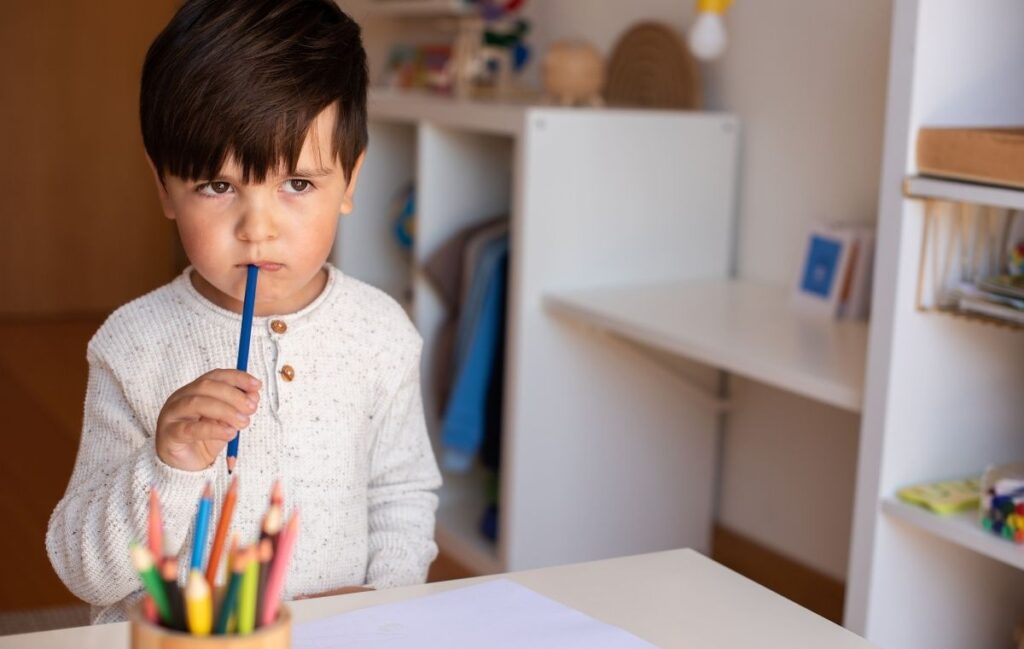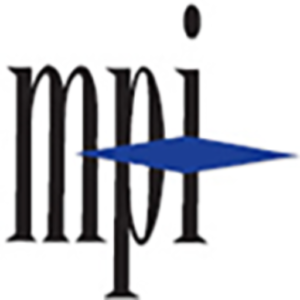Child and Adolescent Psychoanalytic Training

The Michigan Psychoanalytic Institute’s Child/Adolescent (C/A) Psychoanalytic Program, as part of the Integrated Curriculum Model, was fully established in May 1992. The Integrated Curriculum allows MPI to offer two different tracks of specialized advanced training to clinicians who wish to qualify as child analysts. Applicants may choose to pursue either a Child-Focused Training, or a combined Child and Adult training program. The Integrated Curriculum also affords current candidates or graduates of the Michigan Psychoanalytic Institute’s Adult Only Psychoanalytic Training Program who are participating in or have completed the Integrated Curriculum to apply for additional training in child and adolescent analysis at any time.
Early application in a candidate’s adult training at MPI is strongly recommended as it affords the candidate the opportunity to experience three simultaneous components of child and adolescent analytic training: didactic study of psychoanalysis, supervised clinical work, and personal analysis.



Requirements for Admission
New applicants may include those holding a clinical license, candidates from other accredited Institutes who have completed Adult analytic training, or candidates from IPA programs who are interested in work with children and adolescents. All applicants may initiate the process by contacting the Chair of the C/A Analysis Committee.
Applications and interviews for C/A analytic training provide the C/A faculty to review the applicant’s prior works with children and adolescents so that a program of study can be offered that best fits the applicant’s level of experience and need. During the interview process applicants have the opportunity to review and discuss the program.
Candidates and graduates of other institutes will be asked to submit a formal application that includes supervisory reports of adult psychoanalytic work, seminar evaluations, and documentation of completion of psychoanalytic developmental course material comparable to courses in the Michigan Psychoanalytic Institute’s integrated curriculum. Alternatively, they must be prepared to enroll in developmental courses at the MPI. All applications will be reviewed by the C/A Analysis Committees and the MPI Educational Committee.
Overview of child/adolescent psychoanalysis curriculum and training
The core of the curriculum is the Integrated Curriculum which incorporates a developmental perspective into its theoretical, technical, and clinical seminars. In addition to didactic studies, all child and adolescent candidates are assigned an advisor who serves as a consultant and liaison to the educational committees. The C/A candidate is also offered a mentor to aid the candidate in identifying if a case is suitable for analysis.
In addition to didactic courses C/A candidates supervised work allows them to work analytically with different developmental stages while learning to work with parents at differing stages of development.
Supervised Clinical Work for C/A Focused Training: A minimum of three cases which reflect the developmental stages of preschool, latency and adolescence are required. In lieu of a preschool case the candidate can choose to act as a family consultant at one of the analytic preschools or equivalent as determined by the C/A Committee. If the candidate chooses a preschool experience, analysis with two early latency children is required. Differing genders must be represented in the caseload and one case must be supervised through an appropriate termination. Supervisors are selected by the candidate in consultation with the advisor. Arrangements with the supervisor/consultant are made privately.
The following information is offered as a brief overview of C/A Psychoanalytic Clinical Training
- Child-Focused Program Supervised Clinical Work: Candidates in the Child-Focused Program, in addition to the three child/adolescent cases, may be required to treat one adult case under supervision of an adult training supervisor if they have no prior adult psychoanalytic experience or do not have a case that is in the 17-20 year old age range.
- Monthly Seminars consist of theoretical and clinical instruction in psychopathology and technique of psychoanalytic treatment of children and adolescents.
- Written Projects, beyond ongoing case reporting requirements, consist of a detailed case summary and a scientific paper suitable for presentation.
- Educational Plans: Candidate who have completed their formal didactic studies are considered advanced candidates and are required to develop an educational plan with his/her advisor. Educational plans are tailored to enhance the candidates understanding of each developmental area. The advisor in conjunction with the C/A faculty and the Candidate Progression Committee reviews, and may advise, the educational plans of the advanced candidate.

Curriculum
The following is a summary of didactic courses with a specific focus on child and adolescent theory and technique. Continuous case conferences are offered throughout each academic year to all candidates, offering discussions of discussion of technique and application of theory to clinical material.
Child and Adolescent Seminars
Throughout the academic year, a C/A Seminar will be held on the evening of the fourth Wednesday of each month. Attendance at these seminars is required for C/A and Combined Clinical Candidates.
C/A 010 – Clinical Seminar
Clinical material will be shared by C/A candidates and faculty in rotation. The person who presents will determine the focus.
C/A 020 – Literature
Topics and readings for study will evolve in supervision.
C/A 030 – Written Tutorial Projects
- Psychoanalytic summary of a case. Tutorial consultation is by a member of the C/A faculty selected by the candidate.
- Clinical or theoretical paper suitable for presentation at an MPS scientific meeting or a C/A seminar evening. Tutorial consultation is selected by the candidate from the C/A faculty.
The tuition and fees for next year’s Child/Adolescent Psychoanalytic Training Program are:
| Annual Child Candidate Registration | $248 |
| Annual Child Candidate Tuition | $807 |
| Control Case or Consultation Fee (Candidates in Child Training only) | $993 |
| Videoconferencing Fee | $403 |


